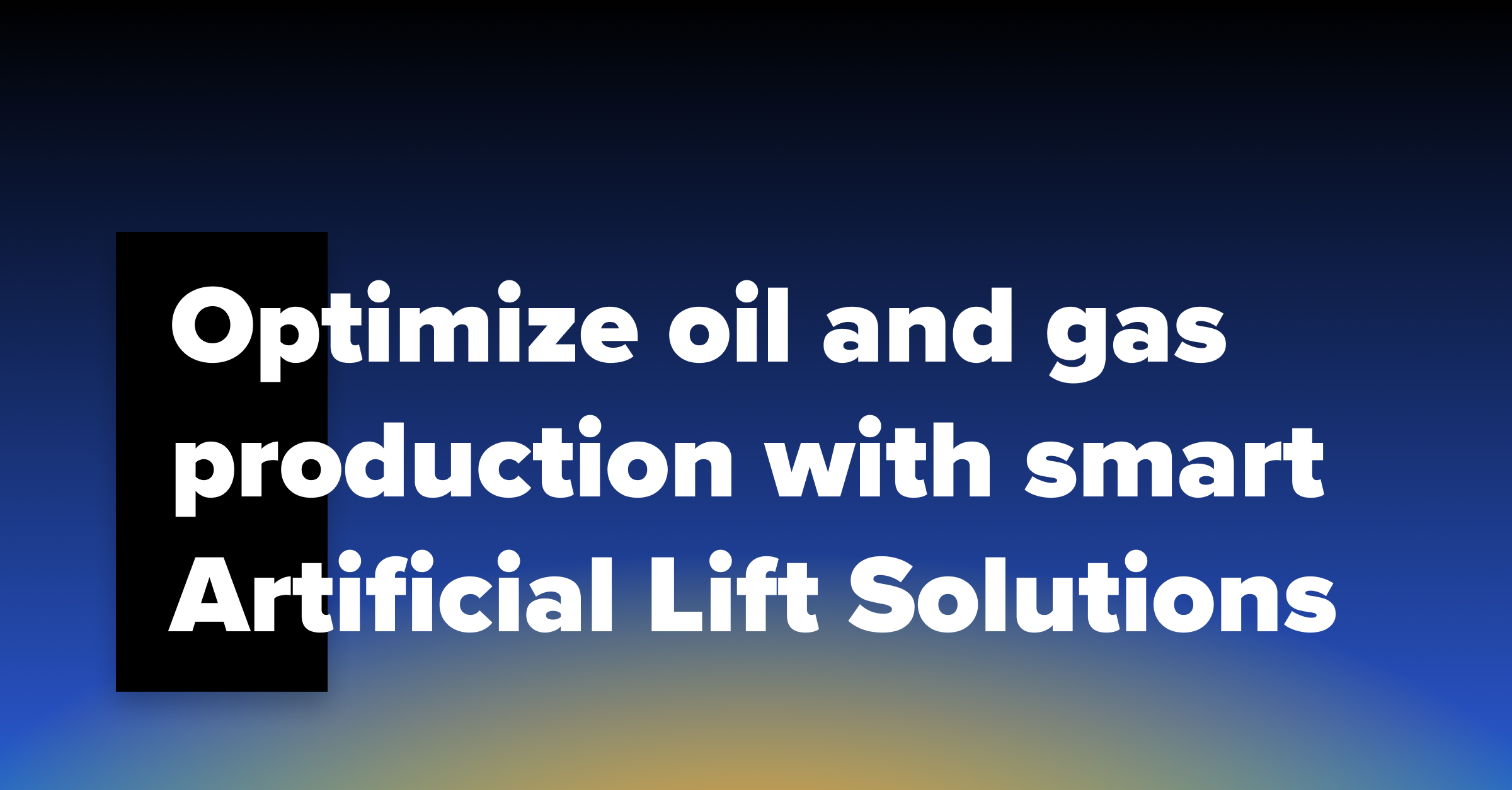Course Details
Your Growth, Our Mission

Course Description
Welcome to the course on "Optimization of Heavy Oil Production Using Artificial Lift Systems." In the ever-evolving landscape of the Oil and Gas industry, the efficient extraction of heavy oil reserves has become a critical endeavor. Heavy oil reservoirs pose unique challenges due to their high viscosity and complex characteristics, making the implementation of artificial lift systems an indispensable part of the production process.
This comprehensive course has been meticulously crafted to provide you with an in-depth understanding of the intricacies surrounding the optimization of heavy oil production through the strategic use of artificial lift systems. Whether you are a seasoned professional seeking to enhance your expertise or someone new to the field, this course will equip you with the knowledge, tools, and practical insights needed to excel in heavy oil production operations.
Throughout the course, we will journey together through a series of modules, each designed to build your expertise systematically. From understanding the fundamentals of heavy oil production to delving into the various types of artificial lift systems, we will explore reservoir and fluid characterization, system design, installation, monitoring, and maintenance. Furthermore, we will dive into the critical aspect of optimization, where you will learn how to harness data-driven strategies to enhance production efficiency while ensuring safety and environmental compliance.
Real-world case studies and practical applications will provide you with valuable insights into successful heavy oil production optimization, allowing you to apply these lessons to your own projects and operations. We will also explore emerging technologies and future trends, keeping you prepared for the evolving landscape of the industry.
By the end of this course, you will not only have a profound understanding of heavy oil production and artificial lift systems but also the skills to contribute to the sustainability and profitability of your heavy oil ventures.
Join us on this enlightening journey as we uncover the secrets to optimizing heavy oil production using artificial lift systems, and let's work together to unlock the full potential of heavy oil reservoirs in today's energy landscape.
The Training Course Will Highlight ?
Training Objective
Target Audience
This course is designed for a wide range of professionals and experts in the Oil and Gas industry, including:
- Production Engineers: Professionals responsible for optimizing production rates and improving operational efficiency in heavy oil reservoirs.
- Reservoir Engineers: Those involved in reservoir management, characterization, and modeling for heavy oil production.
- Facility Managers: Individuals overseeing the design, installation, and maintenance of production facilities in heavy oil fields.
- Project Managers: Professionals leading heavy oil production projects who need a comprehensive understanding of artificial lift systems.
- Petroleum Engineers: Engineers involved in the planning, design, and implementation of artificial lift systems.
- Health, Safety, and Environmental (HSE) Personnel: Experts responsible for ensuring regulatory compliance and sustainable practices in heavy oil production.
- Technicians and Field Operators: Personnel involved in the day-to-day operations and maintenance of artificial lift systems.
- Anyone seeking to enhance their knowledge and expertise in heavy oil production and artificial lift systems, whether they are newcomers to the field or experienced professionals looking to broaden their skill set.
Training Methods
This interactive Training will be highly interactive, with opportunities to advance your opinions and ideas and will include;
- Lectures
- Workshop & Work Presentation
- Case Studies and Practical Exercise
- Videos and General Discussions
Daily Agenda
Day One: Heavy Oil Production – Inflow and Outflow Relationships
- Heavy Oil Reservoir performance: wellbore and reservoir performance overview
- Pressure loss in the wellbore
- Well productivity
- Concepts of productivity index
- Inflow and outflow relationship
- Overview of artificial lift technology: sucker road pump design, hydraulic pump design, jet pump, gas lift, Electric Submersible Pump (ESP)
- Application of artificial lift technology and its limitations
- Artificial lift screening methods
Day 2: Sucker Rod Pumping
- Sucker rod pump concept
- Limitations and advantages of the sucker rod pumping system
- Components of the sucker rod pump
- Design of the sucker rod pump
- Troubleshooting of the sucker rod pump systems
Day three: PCP systems
- Concept of the Progressing Cavity Pump (PCP) pumps
- Limitation and advantages of the PCP pumps
- Best practices for installation and maintenance
- Troubleshooting of PCP pumps
- New technology of PCP pumps
Day four : ESP Systems
- Concept of the Electric Submersible Pump (ESP) system
- Equipment and accessories of the ESP systems
- ESP design: pump performance curves, pump intake curves, typical problems, installation, troubleshooting; best practices for installation and maintenance;
- Steps to correctly size an ESP system. basic sizing principles for the pump, motor and cable
- Importance of correctly matching well productivity to pump performance
- Use of data to diagnose well/equipment problems
- Limitations and advantages of the ESP system
Day 5: Heavy Oil Production Optimization
- Applications of Artificial Lift for heavy oil production.
- Case Studies
- Open discussion on client cases.
Accreditation
BTS attendance certificate will be issued to all attendees completing minimum of 80% of the total course duration.
Quick Enquiry
Request Info
Related Courses
Your Growth, Our Mission

